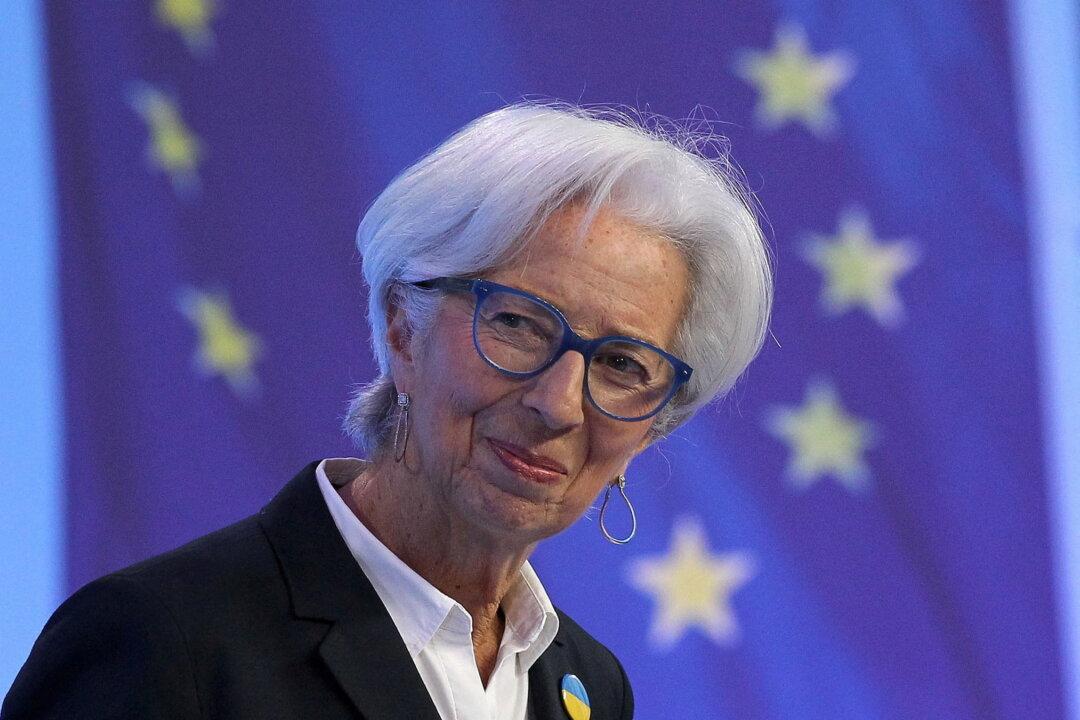The European Central Bank announced on June 9 an end to its decade-long loose monetary policy with a series of interest rate hikes starting next month to tamp down on high inflation throughout the bloc.
The central bank will terminate its previous bond purchasing policy, the Asset Purchase Programme, which was the bank’s main stimulus tool since the eurozone debt crisis, and will start increasing interest rates, first with a quarter-point hike in July, followed by a larger one in September.“The Governing Council intends to raise the key ECB interest rates by 25 basis points at its July monetary policy meeting,” the ECB confirmed, adding that it “expects to raise the key ECB interest rates again in September.”





